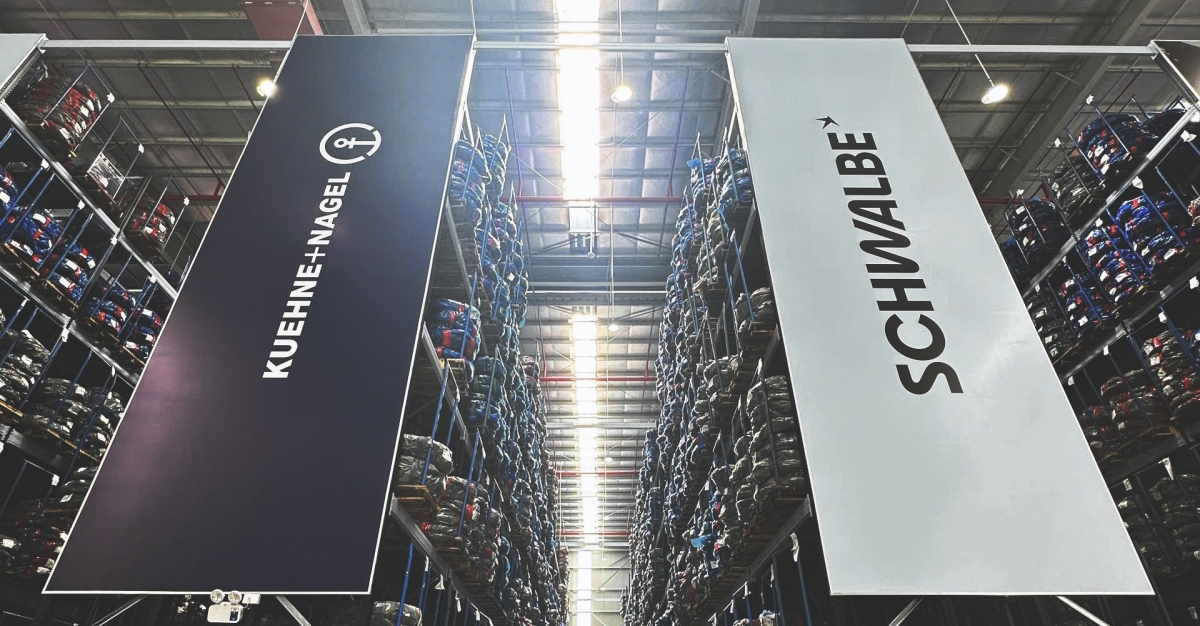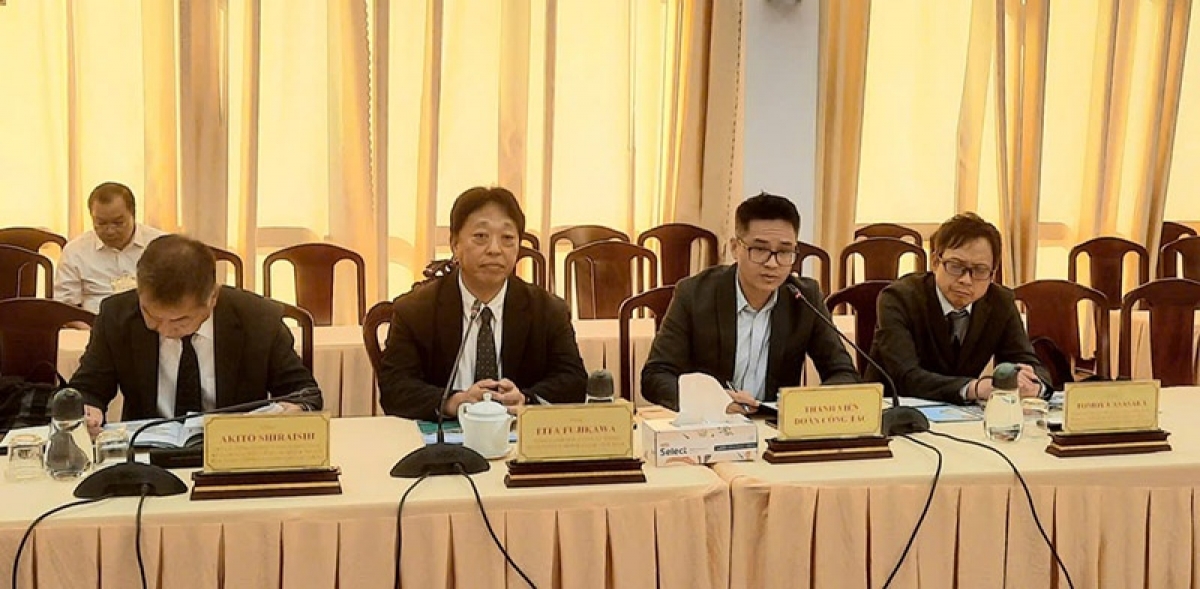INTERNATIONAL INVESTMENT
AND PORTAL
On March 17, the inauguration of the smart cold cabin demo was held in Tra Vinh province, extending the prospects for Vietnam's agricultural exports to the EU market.
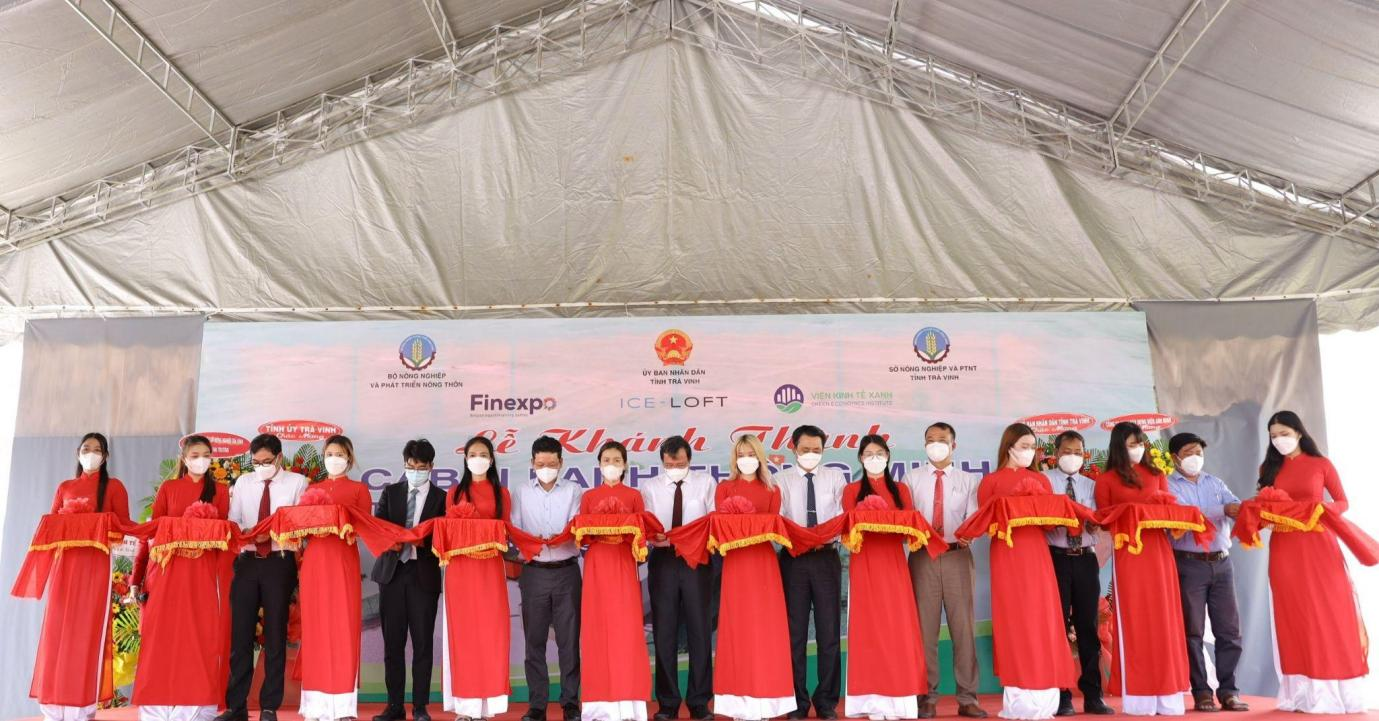 The inauguration took place on March 17 with representatives of the MARD and Tra Vinh province, ICE-LOFT, the Green Economics Institute, and other international organisations
The inauguration took place on March 17 with representatives of the MARD and Tra Vinh province, ICE-LOFT, the Green Economics Institute, and other international organisations
The inauguration welcomed Vu Thanh Liem, deputy director of the Ministry of Agriculture and Rural Development (MARD), Le Van Han, Chairman of Tra Vinh People's Committee, representatives of ICE-LOFT and the Green Economics Institute (GEI), as well as other partners and the press.
The project aims at establishing a logistic system in the Mekong Delta for the preservation and preliminary processing of fruit and vegetables prior to delivery to the Cai Mep-Thi Vai port complex and export to the European market.
Liem said, "While the European market offers numerous economic opportunities for exporters, it has stringent criteria for product quality and preservation. Vietnam must guarantee that fruit is chilled throughout the post-harvest and preparatory stages until it reaches European customers. However, the cold storage infrastructure in the Mekong Delta is severely deficient and dispersed, making it difficult to satisfy these demands."
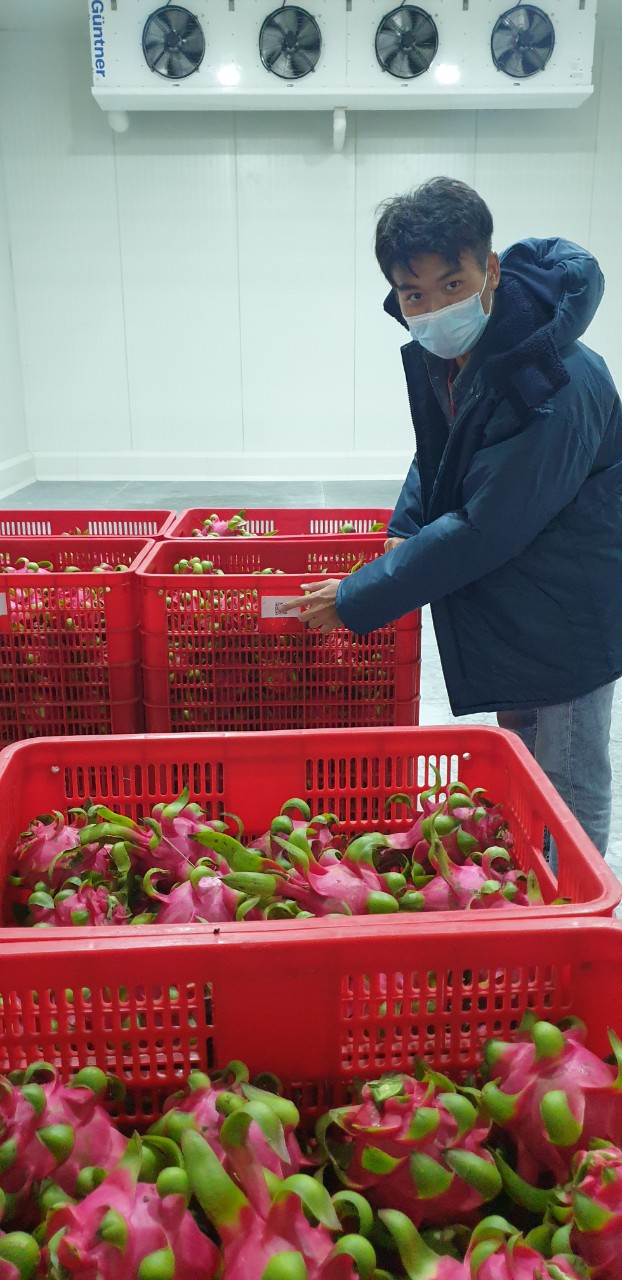 Fruits must be kept refrigerated until reaching European buyers
Fruits must be kept refrigerated until reaching European buyers
Regarding the project's location, Han shared, "Tra Vinh province is a fertile land with numerous potentials for the production of many different fruit trees owing to the typical climate of the Mekong Delta region."
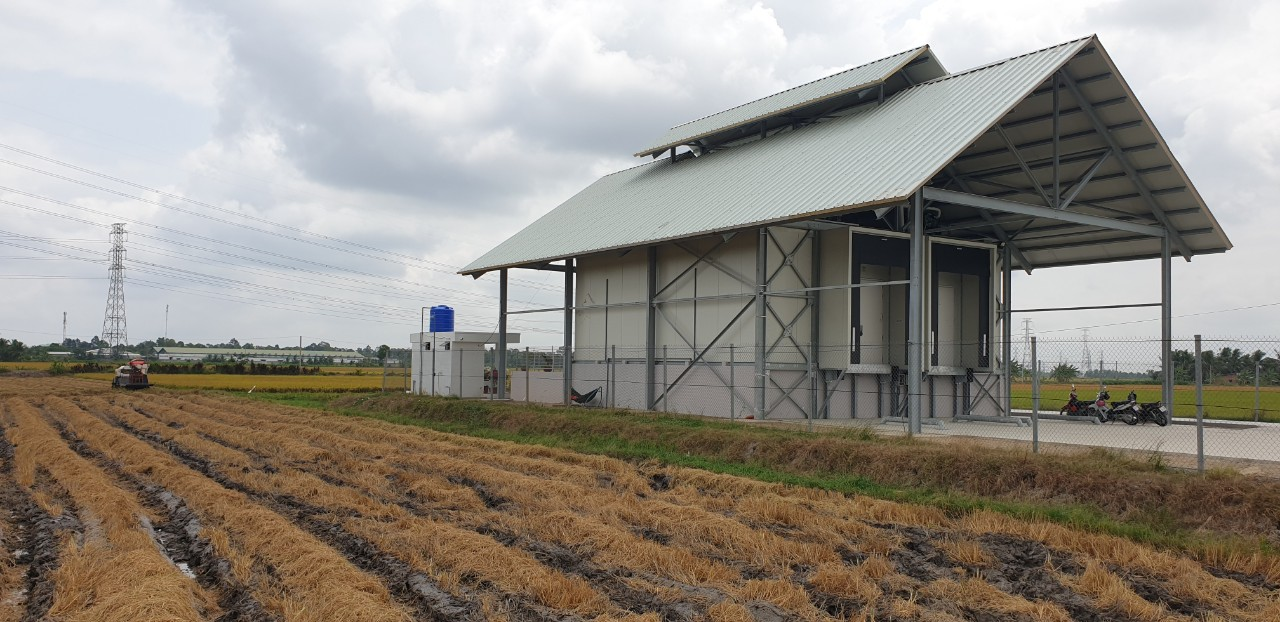 The demo model is a small step away from the development of a fully automated smart cold chain
The demo model is a small step away from the development of a fully automated smart cold chain
Ngoan of GEI said, "Tra Vinh province is the first location where we coordinated with central agencies, municipalities, and partners in promoting the smart cold cabin project.”
After more than two years of active deployment, the project has been put into operation despite enormous hurdles.
“The 1,000-metre-square project has an investment scale of more than $1.1 million, funded by the Belgian Government. It is equipped with contemporary technology that helps farmers preserve the quality of their agricultural goods from the point of harvest to the end customer," Ngoan explained.
During the first six months of the demonstration, the project will receive fruits from four farming collectives and an entrepreneur selected by the provincial authority and preserve products prior to being collected by cold trucks and transported to other locations.
Duong Ngoc Tu, representative of ICE-LOFT shared, "This is the first demo project in a chain of smart cold cabins initiatives to be implemented in various locations of the Mekong Delta.”
Tu also explained that the current project would be a small step towards a complete smart cold chain that ICE-LOFT and its partners strive to develop.
“The project transports tropical fruits in all agricultural key provinces of the Mekong Delta alongside the Hau River to the Cai Mep Thi Vai deep seaport for direct shipment to Europe," Tu said.
The cabin’s buffer storage can keep a temperature up to 5 degrees Celsius, whilst the control room can maintain a temperature of more than 2 degrees Celsius. It has a storage capacity of 60 tonnes, which is comparable to 40 containers.
Over the past 50 years, the relationship between Vietnam and Belgium has always been dynamic and substantive, with various cooperation initiatives and programmes. Belgium serves as the gateway to Europe and is among Vietnam's most important trading partners and export markets.
The demonstration project seeks to evaluate the technology's potential for widespread use in the Mekong Delta and other parts of the nation in order to fulfil the preservation demands of agricultural goods exported to the European market.
Vietnam is one of Asia's leading exporters of vegetables and fruits. Currently, our agricultural products are exported to over 60 nations. The Mekong Delta, in particular, has nearly 280,000 hectares of agricultural land, contributing 43 million tons of produce annually.
Tra Vinh aims to promote high-tech agriculture and act as a spearhead for regional economic development by utilising resources for infrastructure construction and technology, forming large-scale projects and producing high-quality agricultural products to meet market demand at home and abroad.
In the first phase of this demo project, the cabins will preserve tropical fruits from all key provinces of the Mekong Delta for transhipment to the Cai Mep-Thi Vai deep seaport before being exported to the EU.
The annual export value of Vietnamese fruits to neighbouring countries such as China accounts for 75 per cent, equivalent to roughly $3.8 billion. However, the Chinese market is precarious while farmers are often underpaid. The expansion to the European and other markets means to secure a more stable income for Vietnamese farmers.
The inauguration of the smart cold cabin demo marks an important milestone in supporting policies for farmers and a highlight to lure investment in the agricultural sector. The project also contributes to bringing Vietnam's agricultural products to the global market. GEI is coordinating with stakeholders to ensure operational efficiency, thus meeting the beliefs of central leaders, municipalities, partners and Tra Vinh locals.
By Hue Anh






